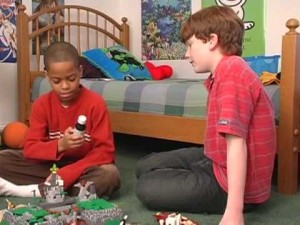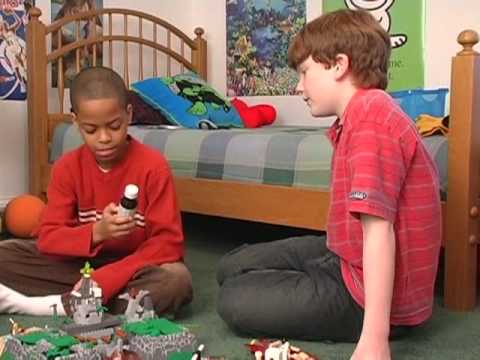Marc,
I’ve been working on a drug education video series for a client who works mostly with classrooms of 5th-8th graders, and stumbled on your blog while doing research. It’s been extremely valuable to me in getting my head around addiction and the action of drugs in the brain. The challenge has been how to translate that into information that might help insulate a kid from going down that path when drugs are encountered.
Do we focus on kids never trying drugs, or on preparing them to stay away from “abuse” rather than “use”?
 My question about addiction is perhaps most what I see as a non-drug-addict (as you rightly elucidate, there are plenty of my behaviors that mirror those of addicts, but I don’t have any addictions to drugs) who is working in the space between kids and drugs. One thing I haven’t read here in your blog or the resulting comments is a sort of social prism. Thinking of myself as a youngster, the feeling of getting out of my body or being in some ecstatic space was extremely important. I dabbled in various hallucingens mostly, but I think because I had enough other experiences of joy that I saw them as interesting but not essential. If anything, I feared drugs because the resultant come-down deprived me temporarily of access to the more natural experiences of authenticity I treasured.
My question about addiction is perhaps most what I see as a non-drug-addict (as you rightly elucidate, there are plenty of my behaviors that mirror those of addicts, but I don’t have any addictions to drugs) who is working in the space between kids and drugs. One thing I haven’t read here in your blog or the resulting comments is a sort of social prism. Thinking of myself as a youngster, the feeling of getting out of my body or being in some ecstatic space was extremely important. I dabbled in various hallucingens mostly, but I think because I had enough other experiences of joy that I saw them as interesting but not essential. If anything, I feared drugs because the resultant come-down deprived me temporarily of access to the more natural experiences of authenticity I treasured.
I think of Ben in the video you link to up there. Sure, he had no overt trauma, but he grew up in what seemed one of those imprisoning and somewhat dulling strata of UK society…loving family, but perhaps not much room for connection to anything other than a row house and a job? Isn’t there a trauma in culture? In growing up in a civilization or particular society that requires a certain kind of adaptation — an adaptation that many of us are unable to make, whether biologically or, if you bend that way, spiritually? I think of the kid in Into the Wild…it wasn’t drugs for him, but he needed something out of his life that his sweet upbringing couldn’t provide.
Drugs for many might provide the only experience of ecstasy they’re likely to have…and who are we to ask them to prefer a long life of frustration and being an upstanding citizen to a few fleeting moments of feeling truly alive? What are we alive for, exactly? To execute our biological and social functions? I think these discussions of being and the brain are extremely fascinating, and I think a lot of work is being done lately to understand how brain networks affect behavior and health, but I feel like there’s a big gap here as we individualize and anatomize too much around addiction and think less of the more philosophical question of our purpose here.
For non-traumatized kids, what do we offer them as a culture that makes resisting drugs an appealing choice? Fear of ending up like Ben obviously isn’t enough. What’s the positive path we give them to choose? If we value euphoria, or even just wellbeing, as a culture, does our current system work? How available is the state of wellbeing in ordinary life? Or are drugs the best way to get there; and that’s how they get so deeply into our brains?
I started reading your book and couldn’t help feeling that there was more to your drug use than the obvious trauma. Not only were people mean to you and you felt loss leaving home, but it seemed that drugs gave you a path to the sublime that was missing in your surroundings. Your lyrical writing in those passages certainly attests to a sense of doors being opened…maybe the lack of major psychic pain you allude to was also the lack of venues in your social situation to access joy or hope?
I often think about this when working with kids at risk. Are we really telling youth to work at McDonald’s (if they can even get a job there) and be upright citizens for the minimal sense of satisfaction and safety that comes with that choice — rather than choosing either the visceral thrill and sense of joyful community of being in a gang, or the (temporary) euphoria and wellbeing that come with drug use?

Leave a Reply to AnonymousRon Cancel reply